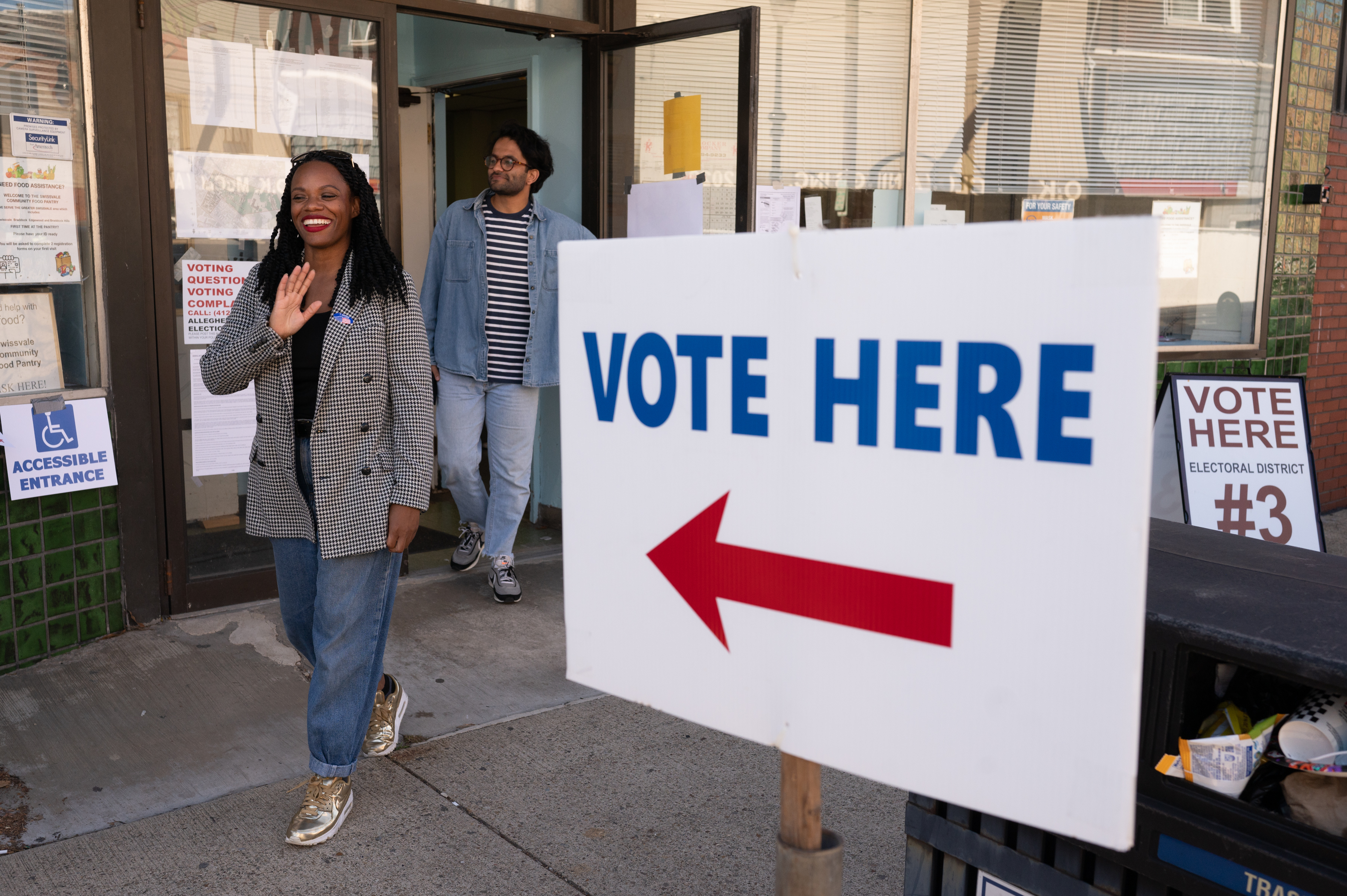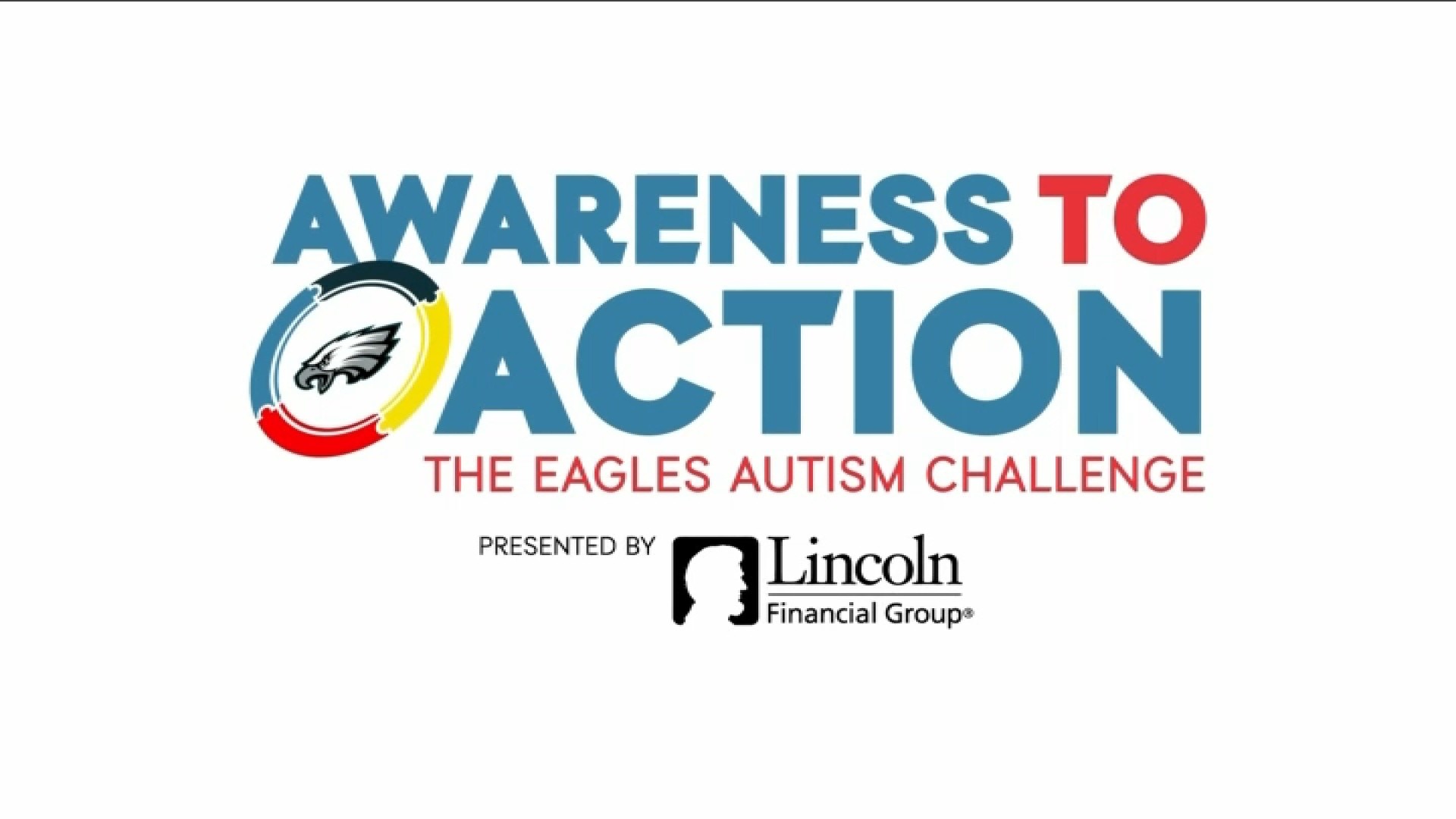Six out of 10 college students rely on loans to pay for their higher education, but applying for grants and loans can be a daunting process.
On today's NBC10's Survive and Thrive, Tracy Davidson and the NBC10 ConsumerWatch team answered the public's questions as the May 1 deadline quickly approaches.
Financial Aid administrators, coordinated by Philadelphia Mayor Michael Nutter's Office on Education, took calls from 4 p.m. to 6:30 p.m. in our Call 10 Phone Bank.
Villanova's Director of Financial Assistance, Bonnie Lee Behm, and many others answered the public's student loans questions about the FAFSA form, the approaching deadline and any other questions the public had about borrowing or getting grant money for college.
Behm stressed the importance of communicating with your school to keep on top of student loans.
"Every school has a financial aid office and that's where they want to start. Most of the questions can be answered that we're answering today by the student calling school."
For those who are not currently enrolled and are looking to go back to school years later, getting loans may not be as difficult as you think.
Local
Breaking news and the stories that matter to your neighborhood.
"The issue isn't age, as long as the student hasn't received a bachelor's degree they're still eligible for the federal and state programs. It's once you receive a bachelor's degree when it gets more difficult," said Behm.
Here are some facts about federal student loans from the government's website on Student Aid:
What is a federal student loan?
It's borrowed money that you have to repay, with interest. Federal student loans generally have lower interest rates and offer more flexible repayment terms, benefits and options.
What is a private student loan?
It's not a government loan. It's borrowed money from a private lender like a bank or credit union, that you repay with interest. The interest rates are generally higher and sometimes have additional fees.
Why are federal student loans a better option for paying for college?
Generally, you end up owing less money in the long-run because federal loans offer more, lower-interest options and the government also forgives loans or portions of loans to grads as incentives for certain jobs.



